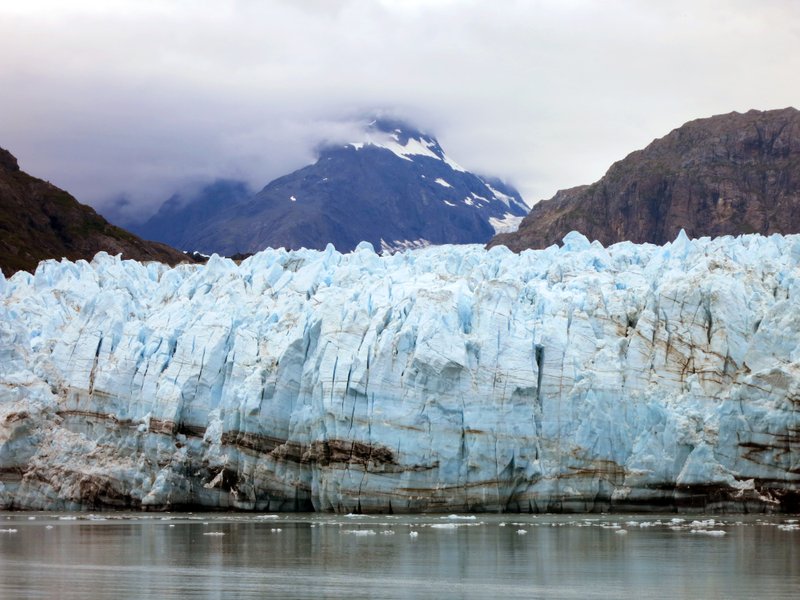WASHINGTON — With melting glaciers and rising seas as his backdrop, President Barack Obama will visit Alaska next week to press for urgent global action to combat climate change, even as he carefully calibrates his message in a state heavily dependent on oil.
Obama will become the first sitting president to visit the Alaska Arctic when he travels to Kotzebue — population 3,153 — just north of the Arctic Circle at the end of his three-day trip. He'll kick off the visit Monday with a speech to a State Department-hosted conference on climate change and the Arctic.
The unambiguous goal of the president's trip is to use dramatic and alarming changes to Alaska's climate to instill fresh urgency into his global warming agenda. Sea ice is melting, critical permafrost is thawing and Alaska's cherished glaciers are liquefying — powerful visuals that Obama hopes will illustrate the threat to natural wonders and livelihoods and serve as a global call to action.
"This is all real," Obama said in his weekly address released Saturday. "This is happening to our fellow Americans right now."
Yet Obama has taken steps that show he's cautiously navigating the competing environmental and energy interests at play. A few weeks ago, his administration gave Royal Dutch Shell a final permit to drill into oil-bearing rock off Alaska's northwest coast for the first time in more than two decades.
"The president has made great strides in protecting the Arctic, but we are really disappointed with this decision," said Nicole Whittington-Evans, Alaska director for The Wilderness Society. "This is a point where we disagree."
For many Alaskans, though, the issue comes down to dollars and cents. Both the state government and its residents rely deeply on oil revenues to stay afloat, and falling oil prices have already created a serious budget deficit.
Brian Deese, Obama's senior adviser, sought to strike a balance between Alaska's economics needs and the president's goal to eventually phase out fossil fuels. "That's a transition that is not going to happen overnight," Deese said. In the meantime, he added, "oil and gas will remain important parts of our overall energy mix."
